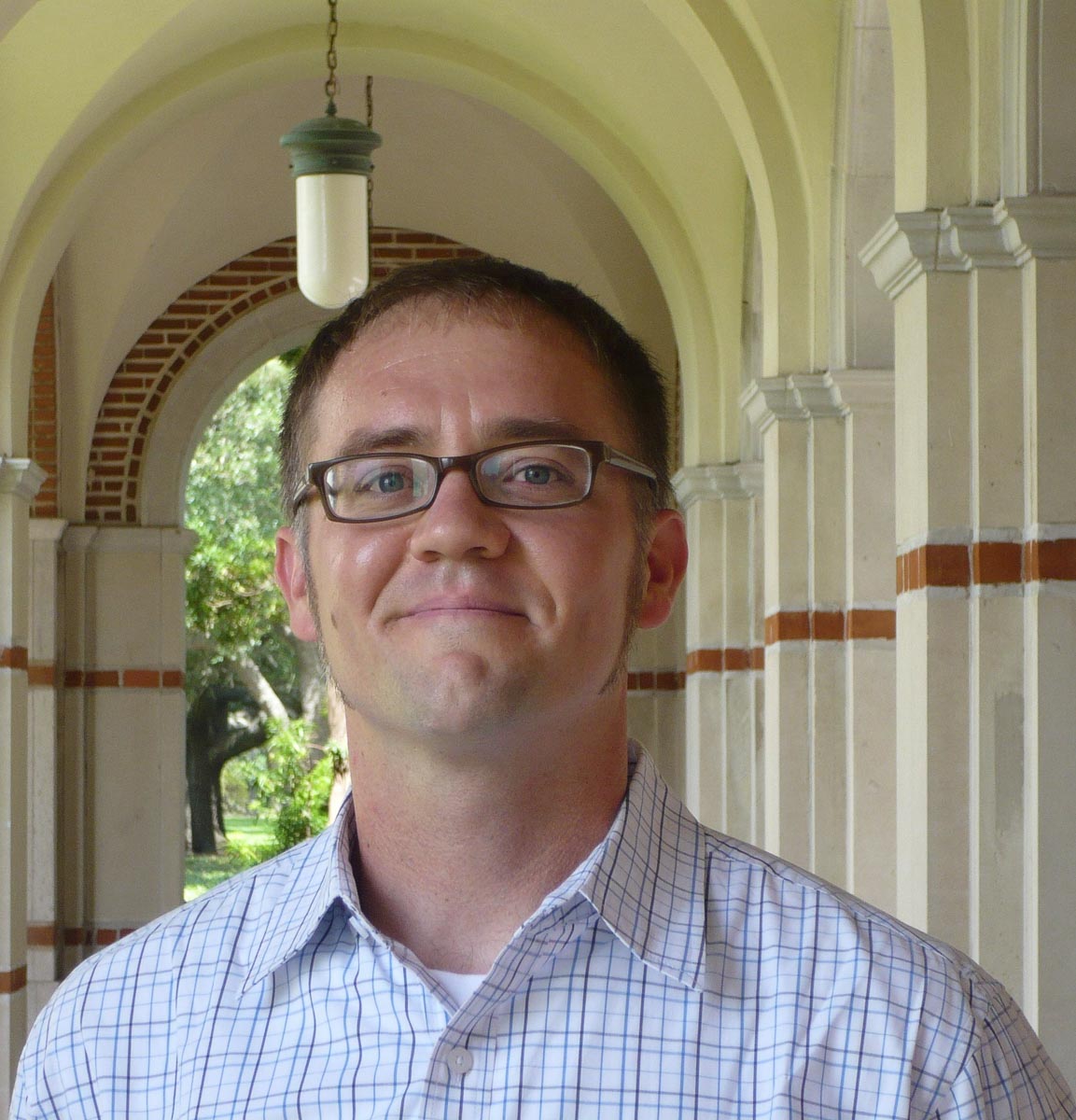After seven years at Rice University, Justin Denney — director of the Kinder Institute's Urban Health Program — is departing for a position at Washington State University. At Rice, Denney's research focused on understanding how the places where people spend their time affects their health. Much of his research examines disparities in asthma between black and white children. He's also looked at the close links between poverty, unemployment and health. Denney spoke with the Urban Edge about what he's learned about Houston and what he hopes to study in rural Washington. This interview has been edited and condensed for clarity.
What's your biggest takeaway from seven years of studying Houston?
I won't be the first person or the last person to say this, but Houston is an interesting city. There's a lot of energy around communities that are very invested in the city and invested in its wellbeing. At the same time, you have a booming and adapting economic system in this city that has been a beacon of success, especially when economic conditions weren't so great in other parts of the country.
Communities are concerned with inequality and making things available to all. A thriving business community wants to continuously seek profits. Those two things don't always play nice together.
Houston is an interesting place, and there are lot of things happening to encourage dialogue. The Kinder Institute is a good example of that. People are concerned about the wellbeing of Houston, and if you ask anyone, that involves economic opportunities and development but also equal opportunities and kids of all ages getting quality education.
What's the most interesting research finding during your time here?
Something we've discussed in Houston, and maybe hasn't been recognized so much in the research community, is that inequalities in health, educational attainment, air quality, and more aren't only part of poor communities. We've been able to show health inequality is bad for everyone. And if it's bad for everyone, everyone should be invested in addressing it.
Another example is that people believe poor air quality only exists in communities along the Houston Ship Channel, in disadvantaged communities. Some of the work we've done shows that's not the case. In an urban area like Houston, you've got air quality issues across the city. It's an issue in The Woodlands, for example, because of the way the wind blows, its proximity to the airport and a variety of physical and environmental features. That's a very socioeconomically advantaged area. It's also an issue in the Upper Kirby area, near downtown. Air doesn't discriminate. These stuff is drifting through different types of neighborhoods; it doesn't avoid nice neighborhoods.
Houston's a car-centric town, a lot like Los Angeles. It's built around the automobile, and it's spread out. The more cars on the road, the worse your air quality. Upper Kirby, for example, is bounded on all sides by major interstates, getting exhaust from all sides.
Are you optimistic Houston can address air quality issues?
The Kinder Houston Area Survey says we want mass transit and we want to live closer to where we work. We don't want to be in our cars all the time, if we can avoid it. We don't ask whether we want less time in our cars to benefit ourselves or to benefit others. It wouldn't surprise me if people felt "it's better for everyone if I'm not in my car all the time." We know mass transit benefits more disadvantaged populations. People in Houston are being forward thinking.
Can Houston ever reconcile the east-west divide in this city?
I could answer that with a pessimistic answer or an optimistic answer, depending on the day. But I think anyone who does this type of work has to maintain a high level of optimism. One of the reasons we have inequality is because of us. We created it. So we can also create systems that address it. We're not going to wake up tomorrow and have it eliminated, but we can work on strategies and solutions that will go a long way toward improving things in the long run.
What are you going to be doing at Washington State University? Pullman, Washington is a very different place than Houston.
Washington State just started its own medical school. It was founded and developed with a focus on community health. I never thought of myself as a particularly urban or rural guy. Some things about being poor impact your health and wellbeing, regardless of whether you're living in an urban or rural area. You don't have access to healthy foods. You don't have time to exercise.
But there are some things unique to each type of area. In urban areas, you have concentrated poverty and some widespread pollution. In rural areas, the challenge is people being spread out. If you live in a rural area, your opportunities for connections are fundamentally different. Houston, for example, has an enormous food bank. But in rural areas, there often is no centralized food bank. If there is, it can be hundreds of miles away from you with no delivery. How do deal with those types of realities for people who are often far away from any resources? How do you get information to them? Understanding those things better is something that interests me a lot.

